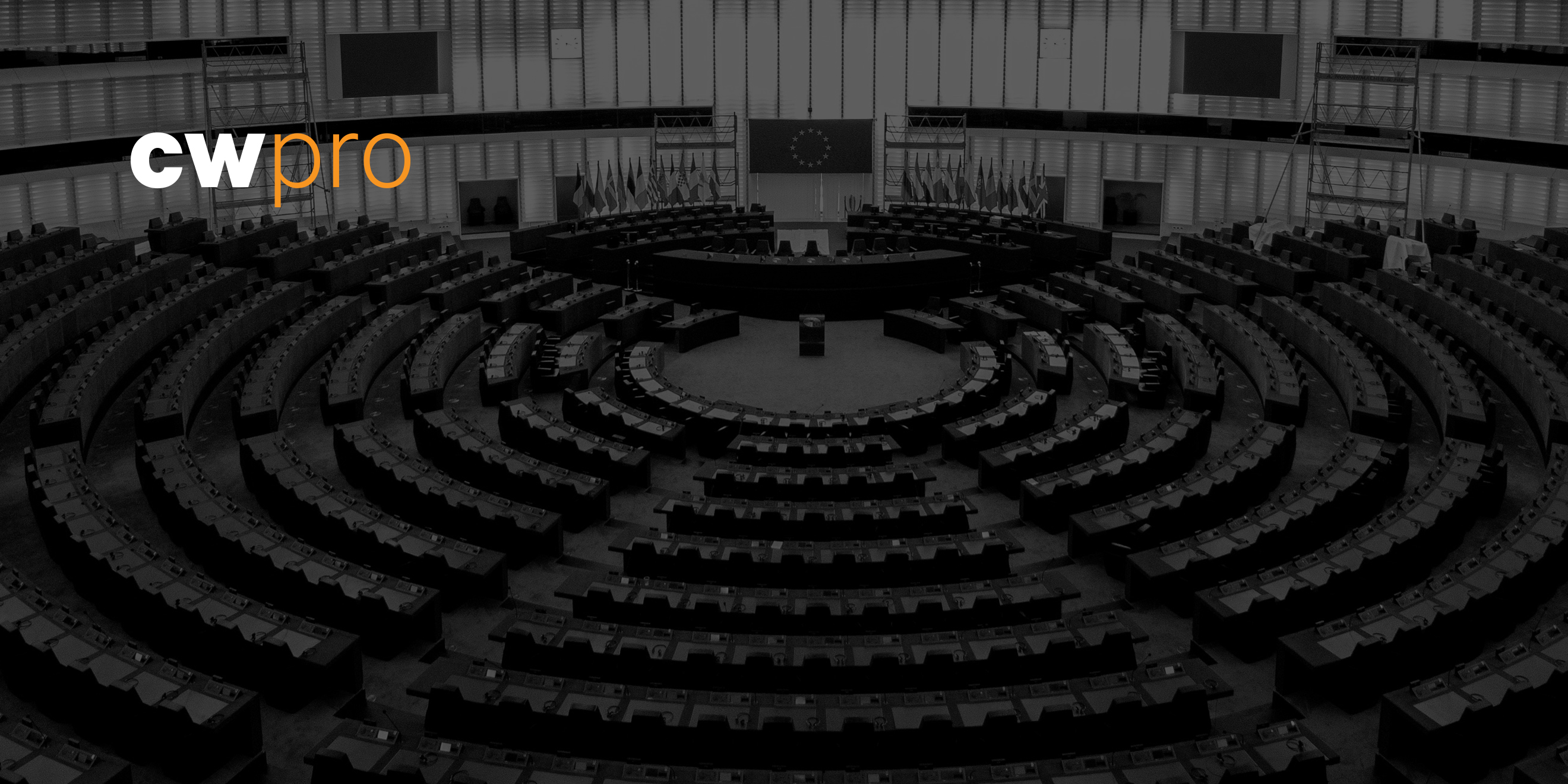Today at a glance.
- Britain offers a compromise on Huawei.
- The US reacts sourly to Britain's decision to give Huawei a limited place in its networks.
- The EU announces a policy on high-risk vendors and 5G that strongly resembles Britain's.
A compromise solution on Huawei.
The long-term effects of the British decision to give Huawei limited access to its networks remain unclear. That's because the policy itself hasn't yet become clear, and that clarity is likely to be achieved only as the policy comes to be implemented. Much will depend upon how “non-core” comes to be defined, and on how confident technical authorities are that they can exclude the risk of Huawei equipment from the “core” components of the infrastructure. For now, “high-risk vendors,” and that’s a euphemism for Huawei, will be excluded from core infrastructure and kept physically away from military installations and nuclear facilities. They’ll also be limited to no more than thirty-five percent of the total market share.
That there is a risk isn’t seriously in question. How well that risk can be managed and the threat contained remains to be seen, as Huawei skeptics in the UK point out. It may be possible to draw lines around core and non-core regions of the infrastructure, but this must be done carefully, lest early decisions about where to admit Huawei end up giving the Chinese company access to more than was intended.
A Bloomberg op-ed calls the British policy close to a fudge, but actually something that amounts to a workable compromise. It’s not what the US wanted, but Huawei isn’t going to be happy, either. In some ways the British policy is stiffer than expected, and it's thought likely to push a groundswell of public opinion in other countries against allowing Chinese firms unfettered, unvetted access to their 5G networks.
US reaction to the oldest Eye's Huawei compromise.
The US has pushed hard for a complete exclusion of Huawei from its allies' networks, and thus the British decision has been disappointing to Washington. US Secretary of State Pompeo is in the UK for talks this week; the matter of Huawei will surely figure among the agenda.
The Administration isn't happy, and Congress sounds really unhappy. Fifth Domain offers a representative sample of Congressional opinion, and the judgments are harsh: “[They’ve] chosen the surveillance state over the special relationship,” or, “Allowing Huawei to build the UK’s 5G networks today is like allowing the KGB to build its telephone network during the Cold War.” The nicest comment was “disappointed.” There’s been some Congressional harrumphing about scaling back on trans-Atlantic intelligence cooperation, and whether that happens at all will depend greatly upon the way in which the British policy is implemented.
The European Union follows the British example on high-risk vendors.
The European Union has enunciated essentially the same policy with respect to Huawei participation in member states' infrastructure that Britain adopted yesterday. SC Magazine reports that member states may on security grounds exclude or restrict in other ways "high-risk" vendors from participation in their 5G build-outs. Who such "high-risk" vendors might be is left unspecified, but Huawei and ZTE are widely understood to figure prominently on the list.
The EU touts the decision as an advance in security and infrastructure capability. EU industry chief Thierry Breton was quoted by Reuters to the effect that, “Today we are equipping EU member states, telecoms operators and users with the tools to build and protect a European infrastructure with the highest security standards so we all fully benefit from the potential that 5G has to offer.”
The measure is voluntary but comes with deadlines and reporting requests. Member states have until April to implement it, and will begin reporting to Brussels on their progress in doing so by June.
